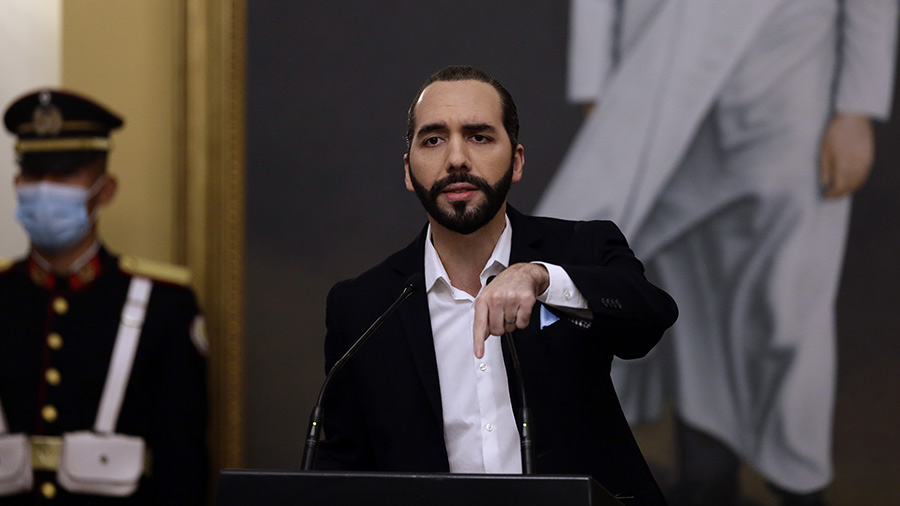
One of the calls to the government is to reform or lift the Fopromid Act, which gives the government quick access to emergency funds but has resisted being held accountable.
The International Commission Against Impunity in El Salvador (CICIES) called on Nayib Bukele’s government to step up the fight against corruption through a series of legal reforms.
One of the laws they propose to reform is that of the illegal enrichment of government officials and workers, dating back to 1959. In 2016, an attempt was made to pass an integrity law to replace it, but it was suspended by the Constitutional Chamber for the weaken rather than strengthen the fight against corruption.
Likewise, the CICIES calls for the criminal code, criminal procedure, anti-money laundering law, government ethics law and domain extinction law to be amended. They are also asking to reform or repeal the law of the Civil Protection, Prevention and Reduction of Disasters (Fopromid) Fund. The latter gives the government mechanisms to quickly access funds to provide for emergency situations.
SEE ALSO: CICIES Filed Three Notices To The Public Prosecution Service For Alleged Public Administration Corruption
However, in the context of the pandemic, there have been allegations that this modality allowed the government to bypass controls and accountability when spending hundreds of millions of dollars.
Strengthening the parquet
The Commission, coordinated by the Organization of American States (OAS), also recommended strengthening the Office of the Attorney General of the Republic and other institutions that exercise control over political and administrative acts.
He also asked for laws to be updated “that effectively regulate public function.” This was a requirement of civil society, which aims to address the problem of cronyism, phantom views and corruption in the civil service through a law that regulates the hiring of personnel in the state and ensures that they respond to merit and suitability, not to personal connections or payment of campaign favors.
The CICIES also asked that it could be guaranteed that she could be an active part of the criminal proceedings as a plaintiff and that the Legislative Assembly would ratify the agreement with which it was made.
Reforms stem from a dialogue with civil society
In its communiqué, the CICIES stated that “the proposed reforms (…) stem from an analysis of various proposals made by civil society bodies and intergovernmental entities.”
Therefore, the committee stated that it will support the preparation of legislative projects or work teams to strengthen the anti-corruption institutions in the country.
This institution has referred possible cases of corruption and irregular recruitment to the Attorney General in the context of the COVID-19 pandemic. At the end of 2020, Attorney General Raúl Melara indicated that the raids he ordered the Ministry of Health and other institutions were based in part on files sent by this committee.